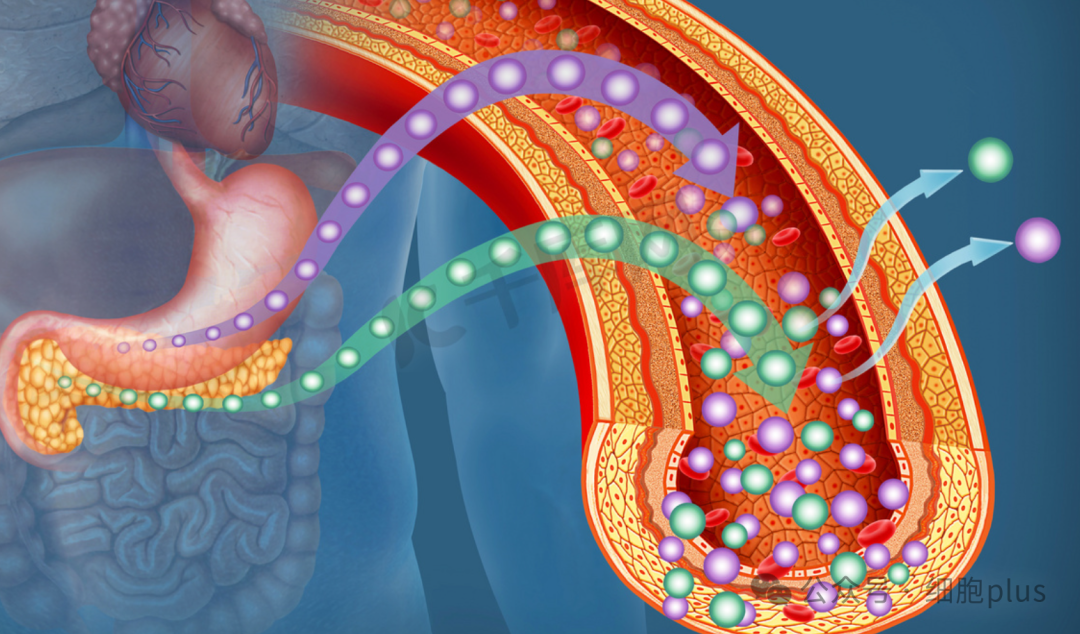
New data from the prospective clinical study of islet cell therapy phase 1 at VX-880 Phase 2 were presented at the 84th Scientific meeting of the American Diabetes Association (ADA) on June 21.
The results show that VX-880 reduces or eliminates the need for insulin use in patients with type 1 diabetes mellitus (T1D), and islets derived from VX-880 stem cells can restore physiological islet function and blood glucose control.

Hypoglycemia is the most common complication in the hypoglycemic process of diabetes. current studies have shown that recurrent hypoglycemia can cause impaired perception of hypoglycemia by weakening the sympathetic response and other mechanisms. this means that although the blood glucose reading is lower than the level that may cause adverse symptoms, they will not feel the symptoms.
If left untreated, this can lead to severe hypoglycemic events (SHEs), characterized by loss of consciousness, coma, seizures, cardiovascular events, and even death.
At present, in addition to exogenous insulin, the treatment options for controlling the disease are limited, resulting in a large number of unmet medical needs of patients with type 1 diabetes.
The phase 1 to 2, open-label clinical study recruited adults with type 1 diabetes, impaired hypoglycemia and at least two hypoglycemic events in the year before screening.
The study assessed the use of VX-880, a fully differentiated insulin-producing islet cell therapy derived from allogeneic stem cells.
The average age of the participants was about 44 years old, the average HbA1c was 7.8%, and the total daily insulin dosage was about 40 units. they experienced two to four hypoglycemic events in the year before screening, and all participants could not detect C-peptide at baseline.
Participants who received a single infusion of full-dose VX-880 showed islet cell implantation and production of endogenous insulin (C-peptide), which eliminated severe hypoglycemia events, significantly improved blood glucose control, and reduced or eliminated insulin use.
All 12 participants achieved a HbA1c reduction of < 7.0%, with a time within the target range of > 70%.
Of the 10 participants who completed the 180-day follow-up, 7 no longer used exogenous insulin and 2 reduced their daily insulin use by about 70%.
It is worth noting that patients who were followed up for more than one year met the primary end point of eliminating hypoglycemia events with HbA1c < 7.0 at 12 months and reached the secondary end point of insulin independence.
These data suggest that islets derived from VX-880 stem cells function like real islets and have the potential to provide far-reaching benefits to patients.
"this positive data adds to growing evidence that VX-880 has the potential to revolutionize the treatment of type 1 diabetes and provide patients with alternative solutions to exogenous insulin."
Dr. Peter Witkovsky, a professor of surgery and director of the pancreas and islet transplant program at the University of Illinois at Chicago, said he was also one of the researchers in the study.
The trial has been further expanded, recruiting 37 participants to obtain more clinical data to support the goal of VX-880 in patients with type 1 diabetes.